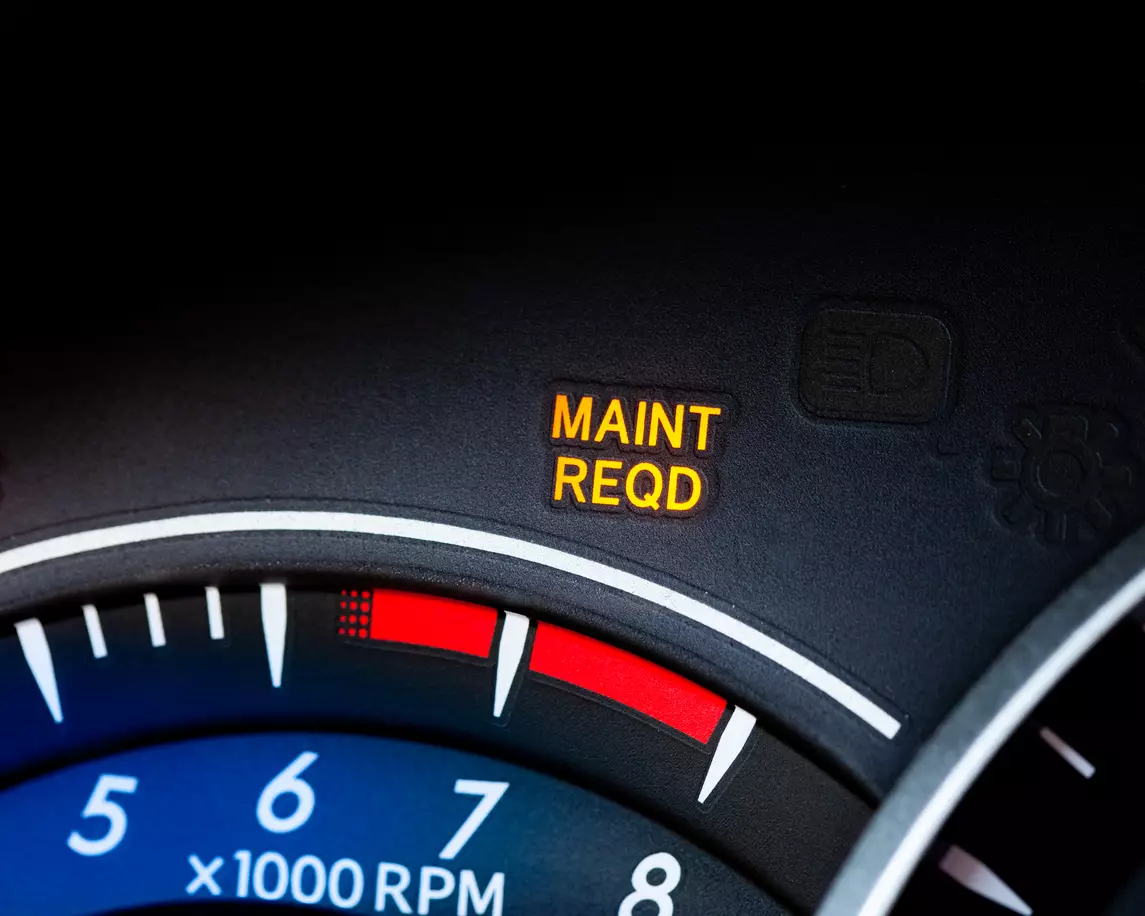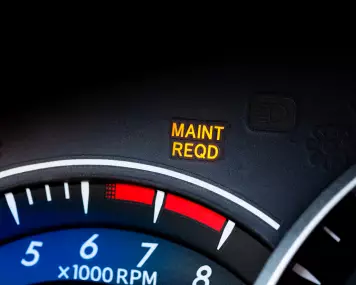Are you considering making the switch to a hybrid car? With the rising popularity of eco-friendly vehicles, it's no wonder that more and more people are opting for hybrids. These innovative cars combine the benefits of gasoline engines with electric motors, giving drivers an efficient and environmentally conscious option.
But before you make your decision, it's important to weigh the pros and cons. Here at GoodCar, we want to take some time to explore the advantages and downsides of hybrid cars so you can determine if they're worth the hype. So, buckle up, and let's dive into the world of hybrid cars!
Advantages of Hybrid Cars
- Fewer Emissions: One of the biggest advantages of hybrid cars is their reduced emissions. Hybrids produce significantly fewer greenhouse gas emissions than traditional gasoline-powered vehicles, helping combat climate change. With a combination of an internal combustion engine and an electric motor, these vehicles emit less carbon dioxide into the atmosphere.
- Better Air Quality: In addition to reducing greenhouse gas emissions, hybrid cars also contribute to improved air quality. They produce fewer pollutants, such as nitrogen oxides and particulate matter by relying on electric power for shorter distances or at lower speeds. This means cleaner air for everyone, especially in congested urban areas with high pollution levels.
- Lower Reliance on Fossil Fuels: The environmental benefits of hybrid cars extend beyond lower tailpipe emissions. The reduced fuel consumption leads to decreased reliance on finite fossil fuel resources and helps mitigate climate change by lowering greenhouse gas emissions. Additionally, some hybrids offer "eco-mode" settings that optimize fuel efficiency by adjusting throttle response and other vehicle parameters.
- Improved Fuel Efficiency: Hybrid cars' excellent fuel efficiency is another advantage. The combination of a gasoline engine with an electric motor allows them to achieve higher miles per gallon (MPG) compared to conventional vehicles. This translates into significant fuel savings over time, making hybrids more cost-effective in the long run.
- Efficiency Options: Additionally, hybrid cars often come with features like regenerative braking that helps recharge the battery while driving, further increasing fuel efficiency. Some models even offer plug-in capabilities that allow owners to charge their vehicle's battery using external power sources such as electric charging stations or home outlets.
The reduced reliance on fossil fuels saves money, decreases dependence on non-renewable resources, and reduces our carbon footprint.
Downsides of Hybrid Cars

- Limited Range and Charging Infrastructure: One of the main drawbacks of hybrid cars is their limited range compared to traditional gasoline-powered vehicles. While hybrids offer excellent fuel efficiency, they rely on a combination of battery power and internal combustion engines. This means that once the battery charge is depleted, the vehicle switches to petrol or diesel power, reducing overall range. Additionally, while electric vehicle charging infrastructure continues to expand worldwide, it still lags behind conventional refueling stations in many areas. This can pose challenges for hybrid car owners, who may struggle to find convenient charging points during long journeys or in remote locations.
- Higher Upfront Costs: Another downside of hybrid cars is their higher upfront costs compared to traditional vehicles. The advanced technology and components required for hybrid systems contribute to an increased purchase price. Although savings on fuel expenses and potential tax incentives may offset these costs over time, the initial investment can be prohibitive for some buyers.
- Maintenance Complexity: Hybrid cars have more complex systems than regular vehicles due to the integration of both an internal combustion engine and an electric motor/battery system. This complexity can lead to higher maintenance costs as specialized technicians are often needed for repairs or servicing.
- Environmental Concerns with Battery Production: While hybrid cars offer reduced emissions during driving, there are environmental concerns associated with battery production and disposal at the end-of-life stage. Mining raw materials used in batteries can negatively impact ecosystems, while improper disposal can accumulate hazardous waste.
Despite these downsides, it's important to note that advancements in technology continue improving hybrid car performance and addressing these limitations over time. As a result, the overall impact of hybrid cars on the environment and their long-term benefits may outweigh these downsides for many drivers.
Are Hybrid Cars Worth It?
After weighing the pros and cons of hybrid cars, it's clear that they have numerous advantages to offer. The reduced emissions and environmental benefits alone make them an attractive option for those looking to reduce their carbon footprint. Additionally, the potential cost savings from improved fuel efficiency can make a big difference in the long run.
However, it's important to consider the downsides as well. The limited range and charging infrastructure may pose challenges for individuals who frequently travel long distances or live in areas with limited access to charging stations. Furthermore, the higher upfront costs of hybrid cars can be a deterrent for some buyers.
Whether or not hybrid cars are worth it depends on individual circumstances and priorities. If you prioritize reducing emissions and saving on fuel costs while accepting limitations on the range and potential higher upfront costs, then a hybrid car could be a great fit for you.
Before making a decision, it's recommended to thoroughly research different models of hybrid cars available in your market and assess how they align with your specific needs. Additionally, considering factors such as driving habits, budget constraints, and available charging infrastructure in your area should also play into your decision-making process. Once your vehicle of choice is narrowed down, run a complete vehicle history report on it so you can be sure that you get into a vehicle with solid maintenance records and a safe driving history.
While there are certain drawbacks associated with owning a hybrid car like any other vehicle type, the advancements in technology over recent years have significantly improved their overall performance and made them more accessible than ever before. Therefore, considering all these aspects will help you determine if investing in a hybrid car is truly worth it for you!




















